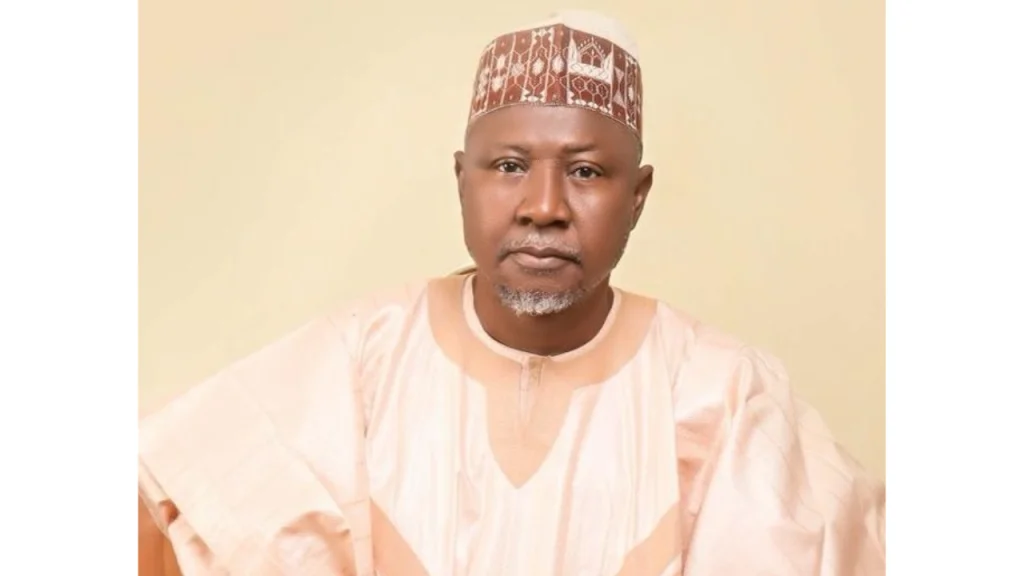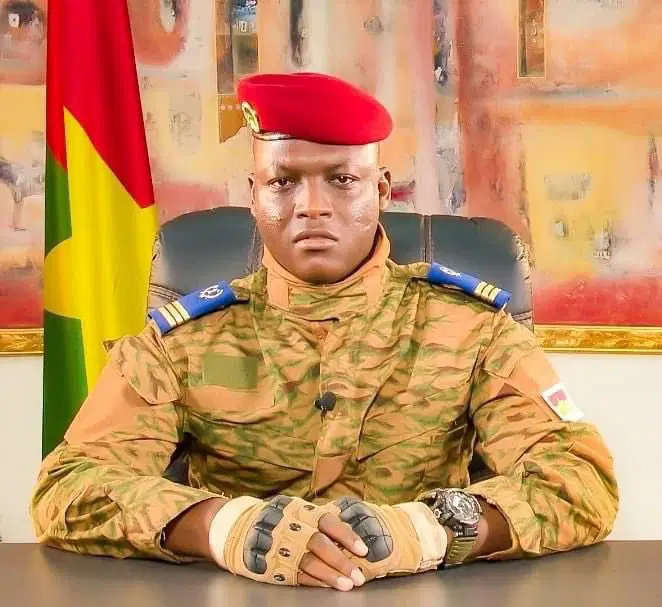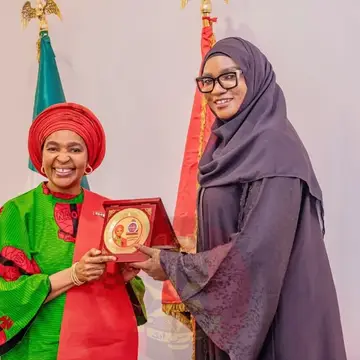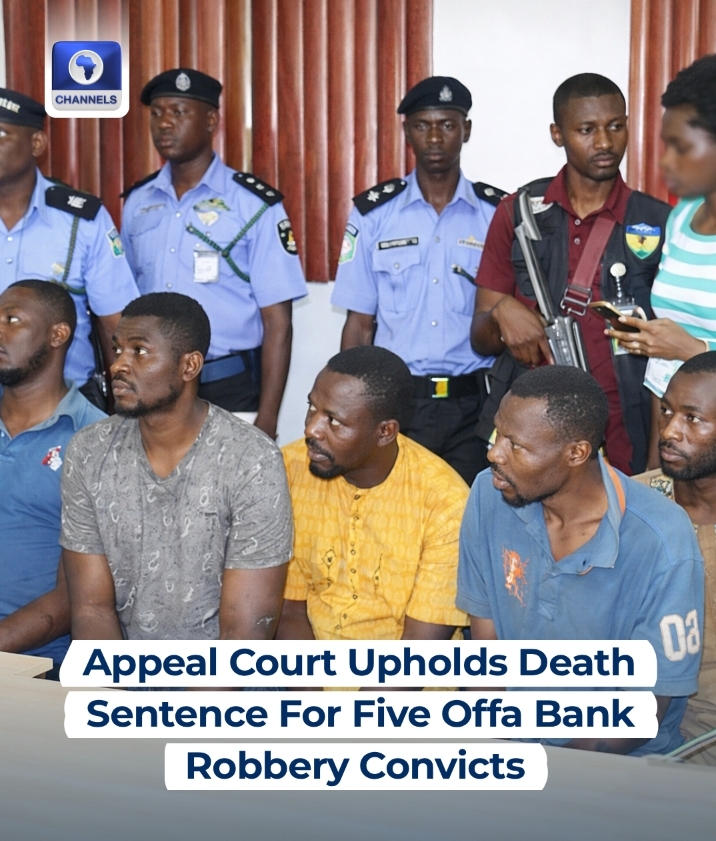Prioritize Lives Over Infrastructure, Kebbi Senator Emotionally Pleads Amid Escalating Violence

A stark and desperate appeal has been launched by Senator Garba Musa Maidoki (Kebbi South), who is calling on governmental bodies to immediately re-evaluate their priorities and focus solely on the spiraling security crisis gripping his constituency and other troubled regions.
The legislator issued a heart-wrenching public plea, essentially telling the government to halt development projects in favor of human protection.
“We implore you, rescue our lives, shield our citizens. Hold off on your highways and educational facilities for now; the immediate need is to preserve human life. Our constituents face grave peril,” a passionate Senator Maidoki declared.
His poignant statement, delivered amidst a backdrop of mounting unrest, abductions, and relentless attacks across various parts of the nation, underscores a prevailing sense of terror and powerlessness among affected communities.
The message is clear: the fundamental right to life must not be relegated behind efforts to build infrastructure.
Senator Maidoki’s anguished outcry serves as a powerful indicator of the escalating anxiety and popular demand for decisive governmental intervention to restore peace and order.
This urgent plea from the Kebbi South representative highlights a critical divergence between the state’s development agenda and the immediate, life-threatening dangers faced by its populace.
His remarks resonate with a public increasingly demanding that safety be placed at the absolute forefront of national concern.
This shift in emphasis, demanding a pivot from concrete development to immediate security intervention, illuminates the profound ethical dilemma facing the government: Can a society truly flourish when its very foundation—the safety of its people—is under constant threat? Maidoki’s demand is not simply a request for more resources, but a philosophical challenge to the current governance model, suggesting that the metrics of progress must first and foremost be measured in lives saved and communities secured, rather than kilometers of road paved or numbers of schools constructed. He forces a necessary and difficult public conversation about the true cost of prioritizing long-term development plans over the immediate, existential crisis unfolding on the ground.








